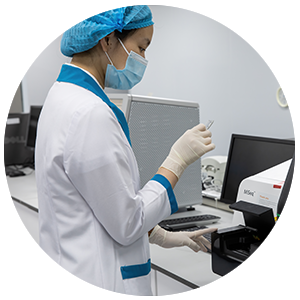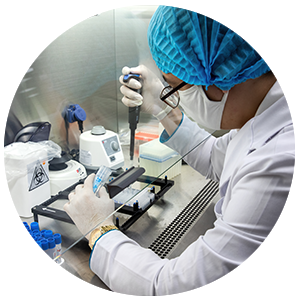Biomedical news
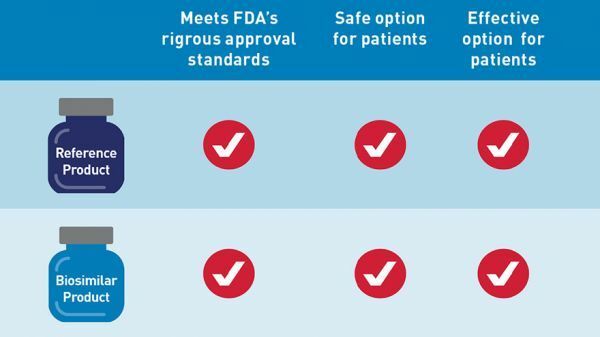
Biosimilars: Challenges and opportunities
Biotechnology has provided solutions to many serious human diseases. Around the world, the fate of more than 300 million people has changed thanks to drugs from biotechnology.
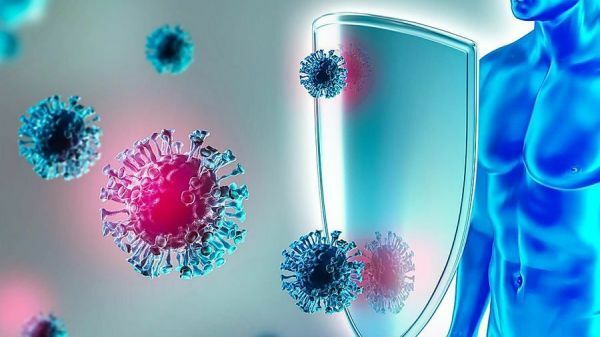
THC (tetrahydro carbazole): Micro molecule with newly identified antibacterial activity
Researchers at the Karolinska Institute, Umeå University and the University of Bonn have identified a new group of molecules with antibacterial effects against a variety of antibiotic-resistant bacteria. As the properties of molecules can easily be chemically altered, they wish to develop new antibiotics that are effective with few side effects.
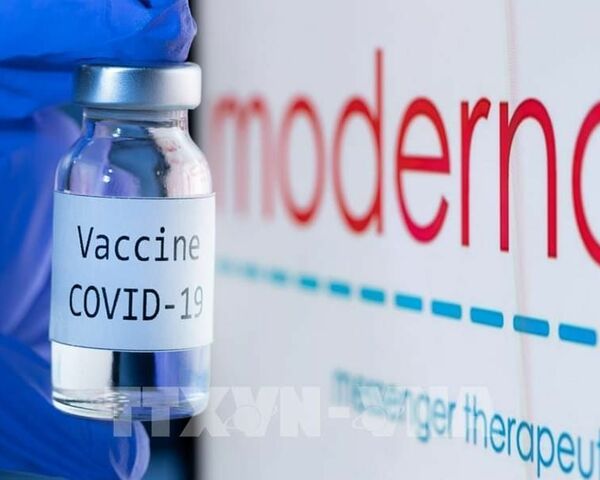
Micro Llama antibodies may help fight Sars variants
Amid the growing threat from new and potentially far more dangerous SARS-CoV-2 variants, scientists are increasingly searching for more powerful and effective treatments.
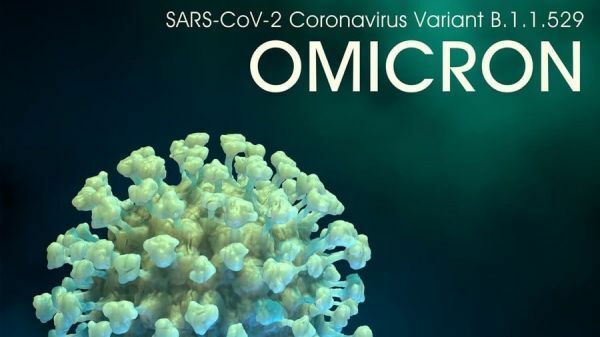
The Omicron variant has severe mutations that make scientists wary
Researchers are racing to determine whether a fast-spreading variant in South Africa poses a threat to the effectiveness of COVID vaccines.
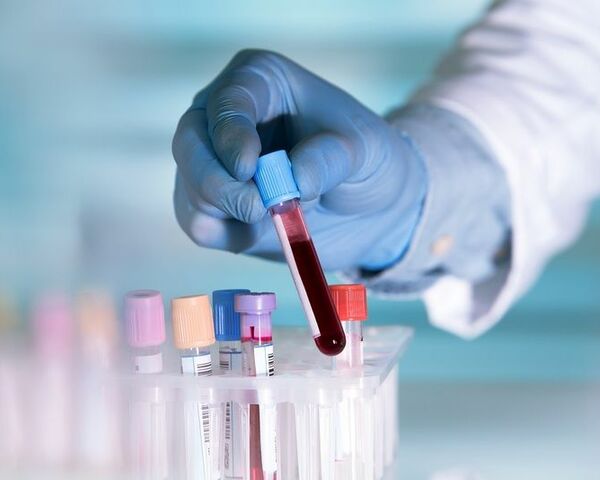
What are false positives and false negatives?
When implementing a new testing technique, especially with qualitative and semi-quantitative tests, laboratory managers are often interested in the following indicators: Sensitivity and specificity of the testing method. When referring to Sensitivity and Specificity, there are two concepts: False Positive and False Negative.
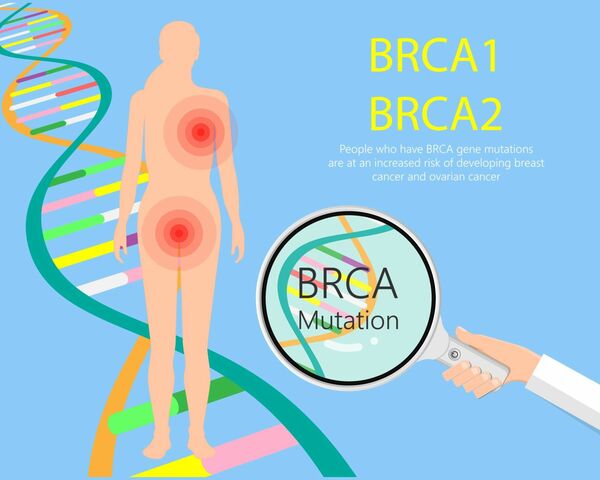
What are BRCA1 and BRCA2? The role of BRCA1, 2 in breast cancer, ovarian cancer and related cancers.
Changes (mutations) in the DNA sequence in BRCA1 or BRCA2 that prevent their corrective function are called harmful variants. Harmful variants increase the risk of certain cancers, most notably breast cancer and ovarian cancer.
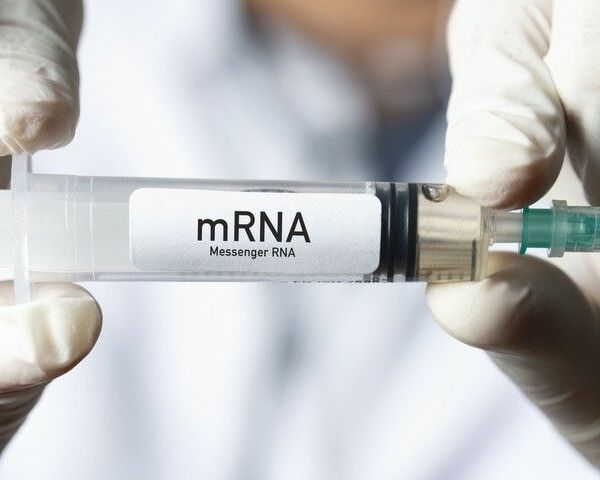
Testing a safe and promising HIV mRNA vaccine in animals
According to scientists at the US National Institute of Allergy and Infectious Diseases (NIAID) – part of the National Institutes of Health, an experimental HIV vaccine is based on mRNA – the same technology used in the two highly effective COVID – 19 vaccine – shows promise in mice and primates.


